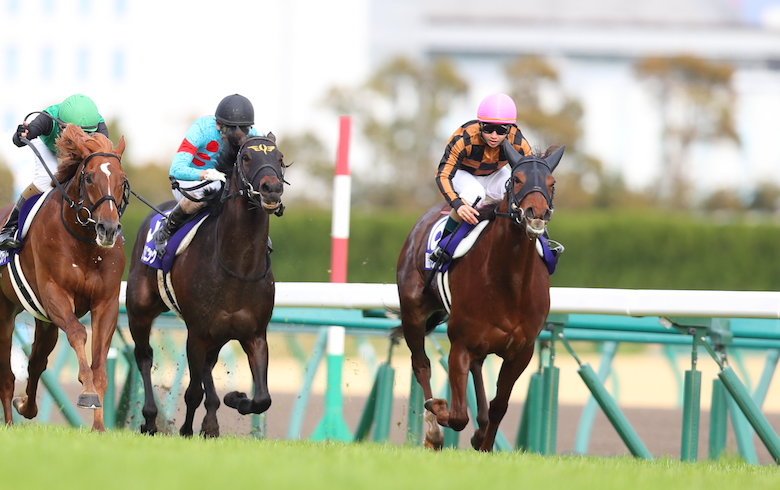Japanese horse racing recorded strong sales growth in 2020, in spite of economic uncertainties and the coronavirus pandemic. Both central and local horse racing are defying covid-19 challenges out of the race.
Horse racing as usual albeit without fans
The Japan Racing Association (JRA) reported its ninth consecutive year of sales growth with the annual turnover exceeding $28.6 billion, an increase by 103.5% from the previous year. Despite the challenging situation in times of COVID-19, Japanese central horse racing neither rescheduled or canceled a single event but maintained its full 2020 calendar.
The races were held without a spectator for over 7 months between February and October, however, the central horse racing has seen no major impact on overall sales. The cancellation of major racing events outside Japan also contributed to some of the star horses running in domestic races, which made certain races more appealing to fans.
Local horse racing also reported a jump in sales by 31% on a monthly basis, compared to that of the previous year. The stock price of the local Tokyo horse racing plummeted in March last year due to concerns over the negative impact of the COVID-19 outbreak. However, the shares bounced back by October and traded above $56 for the first time since 1994.
Pachinko continues to struggle
In contrast to the positive results and outlook of horse racing, the Japanese pachinko industry is experiencing overwhelming challenges. According to the pachinko industry giant, SANKYO group, net income for the period of April-December in 2020 decreased by 68.3%. Unlike offshore online casinos, the Japanese pachinko industry is unable to offer online products due to strict regulations by domestic law.
Pachinko parlors all over the country have experienced a significant drop in revenue and profit due to social distancing. According to SBI Securities Analyst, people who used to play pachinko regularly made a shift to public gambling such as horse racing as a practical solution. The rise of working from home as well as increased time at home are also contributing factors, which made it easier and more accessible for people to buy betting tickets early and easily in the day-time.
Online betting is picking up
The number of customers registered to an online sales platform of local horse racing reached approximately 800,000 last year, and online sales of betting tickets grew by 136.6% compared to the previous year. In central horse racing, cash sales at racetracks and off-site facilities accounted for about 30% of annual sales before the coronavirus outbreak. But now, the majority of customers shifted to make their purchases online.
The Tokyo local horse racing is now making a large part of profit out of online sales platforms, which is transforming their business model from a leasing company to a platform provider. Like many of overseas bookmakers in Japan, local horse racing is now offering live streaming services for free so bettors can conveniently watch live races via mobile phones on the go.
Local horse racing is held on weekdays including night horse racing, while central horse races run on Saturdays and Sundays. In the past, the majority of local horse racing fans were over 60 years old, but the introduction of online sales attracted the younger age groups to bet more on horses recently. Today, people in their 30s and 40s account for about 50% of the customers of local horse racing. This trend of online betting on horses is likely to continue in the future.







